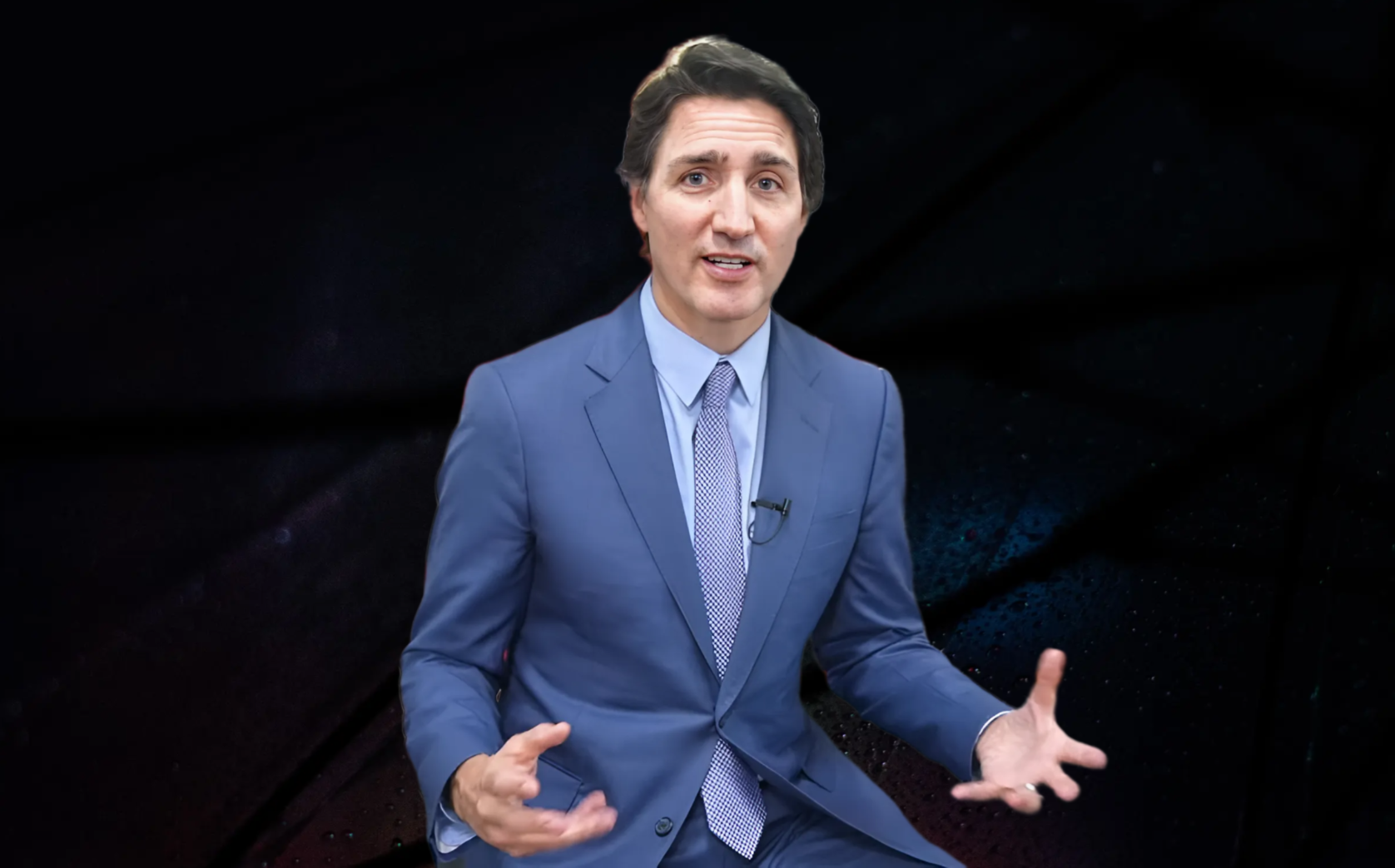Prime Minister Justin Trudeau’s Liberal Party has suffered another significant blow in a Montreal byelection, marking the second time in 2024 that the party has lost a stronghold. The riding of LaSalle—Émard—Verdun has now been claimed by the Bloc Québécois in a tightly contested race. This result, along with a previous loss in Toronto—St. Paul’s in June, has further fueled concerns about the Liberals’ standing in key urban areas that were once the backbone of Trudeau’s political coalition.
In a three-way race, the Bloc Québécois emerged victorious, with the Liberal candidate trailing closely in second place, and the NDP making a surprisingly strong showing in third. The final results were delayed until 3 a.m., partly due to the unusually high number of independent candidates, which complicated the vote-counting process. Louis-Philippe Sauvé, the Bloc candidate, expressed deep gratitude to his supporters during his victory speech, stating in French, “Nous sommes extrêmement honorés de la confiance que les électeurs nous ont accordée.” (We are extremely honored by the trust voters have placed in us.)
This defeat in Montreal mirrors the June loss in Toronto—St. Paul’s, a Liberal seat the party had controlled for over 30 years. Both ridings, in two of Canada’s most critical urban centers, have traditionally been strongholds for the Liberals under Trudeau. The latest result has deepened the sense of uncertainty about the party’s ability to hold onto urban ridings that have been critical to its electoral success since Trudeau was first elected in 2015.
Political analyst Mackenzie Gray raised a critical question that resonates within the Liberal Party: “If the Liberals under Mr. Trudeau cannot win in downtown Toronto and downtown Montreal, two key areas for his coalition since he’s been elected, where can they win?”
The loss of LaSalle—Émard—Verdun is particularly troubling for the Liberals. Once held by former Justice Minister David Lametti, the seat has been a bastion of Liberal support for years. The riding, which has a significant Francophone and immigrant population, has typically been a stronghold for federalist and center-left politics. The fact that it has now swung to the Bloc Québécois—a party that advocates for Quebec sovereignty—speaks volumes about the shifting political landscape in Quebec.
In his victory speech, Bloc Québécois leader Yves-François Blanchet praised Sauvé and the party’s volunteers for their hard work. “Il a fait une campagne avec un cœur, une passion, une émotion extraordinaire,” (He campaigned with heart, passion, and extraordinary emotion), Blanchet said, applauding Sauvé’s tireless efforts, which included knocking on doors late into the night.
For Trudeau, the back-to-back losses in key urban ridings have sparked renewed speculation about his leadership. Following the Toronto byelection defeat, there were already murmurs within the Liberal Party about whether Trudeau should step aside before the next federal election. This latest loss in Montreal has only amplified those concerns, particularly within the party’s Quebec caucus.
Several senior Liberal MPs from Quebec have privately expressed dismay at the party’s trajectory, with some reportedly considering not running in the next federal election. The loss of LaSalle—Émard—Verdun, coupled with the Liberals’ poor showing in a Winnipeg byelection where the party garnered only 5% of the vote, has raised fears of a broader decline in support, even in traditionally Liberal regions.
“The writing is on the wall,” one senior Liberal strategist, speaking anonymously, told Canadian News Hub. “If we can’t turn things around quickly, more MPs may decide it’s time to step aside.”
Trudeau, who has been prime minister since 2015, faces increasing pressure from within his own party. While he has led the Liberals through several major electoral victories, the recent defeats have prompted questions about whether he remains the best person to lead the party into the next federal election, expected to be called in 2025.
For now, the Bloc Québécois is celebrating a historic win, one that has reshaped the political map in Montreal and left many wondering just how much more the political landscape in Canada could shift before the next federal election.

